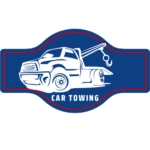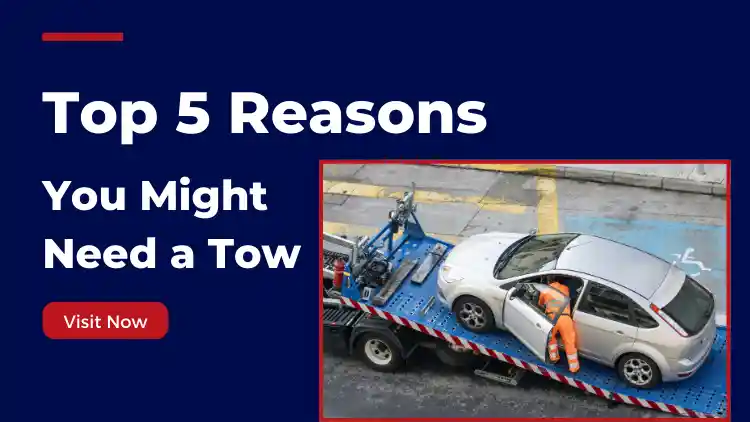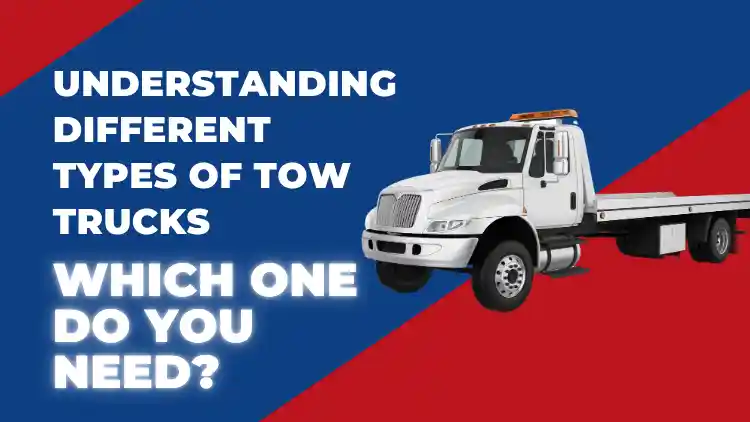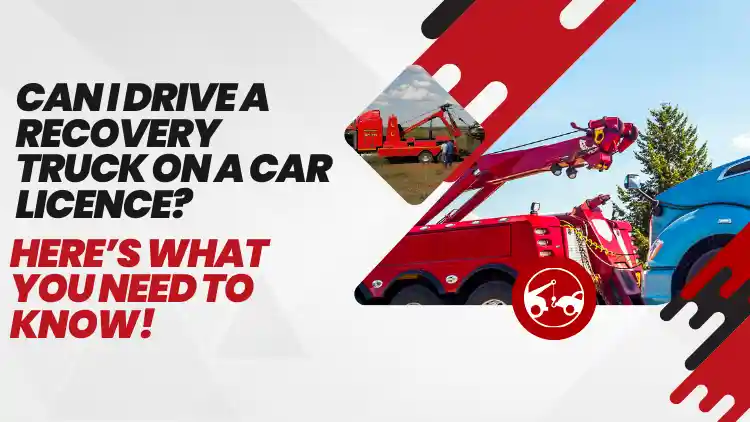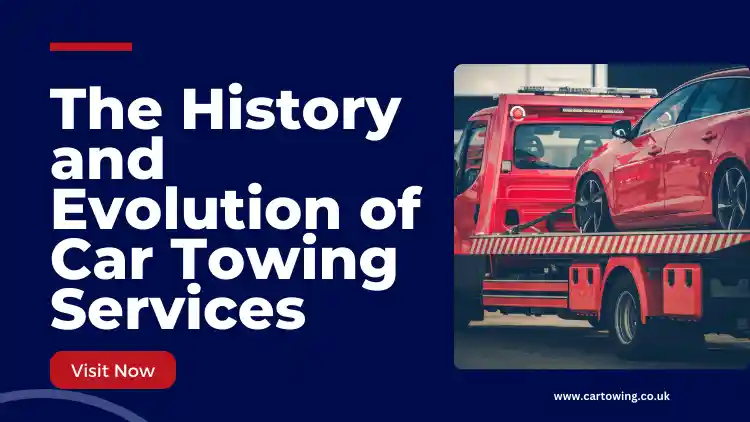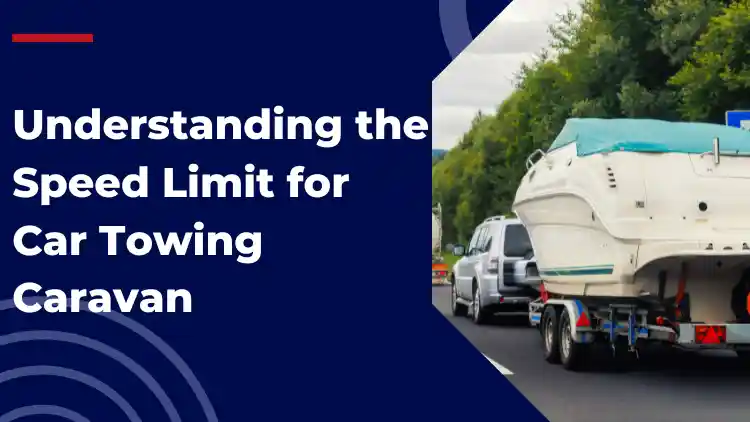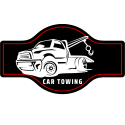Whether you’re cruising down the highway or running local errands, unexpected car troubles can happen to anyone. Being prepared for these situations can save you time, money, and stress. While some roadside emergencies can be avoided with regular maintenance, others might still catch you off guard. Knowing when you’ll need a tow can help you stay calm and make the right decisions.
In this article, we’ll cover the top 5 reasons you might need a tow and share tips on how to avoid these situations.
1. Engine Failure: When Your Car Can’t Go On
One of the most common reasons drivers need a tow is due to engine failure. This can happen for several reasons, such as overheating, oil leaks, or a broken timing belt. In some cases, the engine can overheat because of a coolant leak or a faulty radiator, leaving your car unable to move safely.
Common Engine Problems Requiring a Tow:
- Overheating due to a broken water pump
- Timing belt breakage
- Low oil pressure leading to engine seizing
If your engine suddenly shuts down or begins to smoke, pull over safely and call a tow truck immediately. Continuing to drive with an engine problem can lead to severe damage and costly repairs.
Tip: Regular engine maintenance, including oil changes and coolant flushes, can help you avoid unexpected breakdowns. Always pay attention to your car’s temperature gauge to catch signs of overheating early.
2. Flat Tire or Blowout: When Your Wheels Let You Down
A flat tire or blowout is another frequent reason drivers end up stranded on the roadside. While some drivers carry a spare tire and know how to change it, others may need professional help, especially in the case of a tire blowout.
Blowouts typically happen at high speeds and can make it difficult to control the vehicle, leading to the need for a tow if the tire damage is too extensive for a roadside fix.
Reasons You Might Need a Tow for a Flat Tire:
- Multiple tire punctures
- No spare tire available
- Sidewall damage, making the tire unrepairable
Tip: Carry a spare tire and learn how to change it yourself. Additionally, check your tire pressure regularly and replace worn-out tires to reduce the chances of a blowout.
3. Electrical Failures: When Your Car Won’t Start
Few things are as frustrating as turning the key in the ignition and getting nothing in return. Electrical problems, such as a dead battery or alternator failure, can leave you stuck with no power to start the engine. While jump-starting your vehicle might get you back on the road, some issues like a faulty alternator or blown fuses may require a tow.
Common Electrical Failures That Require a Tow:
- Dead battery with no jumper cables or another vehicle to assist
- Malfunctioning alternator preventing the battery from charging
- Blown fuses causing critical system failure
Tip: Regularly check your battery’s health and replace it every 3-5 years. Keep jumper cables or a portable jump starter in your car to avoid being stranded due to a dead battery.
4. Accidents: When Damage Leaves You Stranded
Car accidents, whether minor or severe, are unpredictable and can happen anytime. Even if you aren’t injured, accident damage to your vehicle can leave it undrivable or unsafe to continue driving. Bent axles, damaged tires, or leaking fluids are just a few reasons you might need a tow after an accident.
Common Post-Accident Situations That Require a Tow:
- Suspension or frame damage making the vehicle unsafe
- Fluid leaks that could lead to further engine damage
- Airbag deployment, which often disables the vehicle
Tip: After an accident, focus on safety first. Move your car out of traffic if possible, but do not attempt to drive it if there’s any chance it’s unsafe. Contact a tow truck and your insurance company to ensure proper steps are taken.
5. Out of Fuel: When an Empty Tank Means Trouble
Running out of gas is a simple but frustrating problem that can leave you stranded, especially in remote areas where gas stations are few and far between. While some roadside assistance services will bring you enough fuel to get to the nearest station, there are times when a tow truck is the only option.
Situations Where You May Need a Tow for Running Out of Fuel:
- Running out of gas in a remote location far from a fuel station
- Vehicle won’t start after refueling due to engine damage or fuel pump issues
- Fuel gauge malfunction leads to misjudging your fuel levels
Tip: Always keep an eye on your fuel gauge and refuel before hitting empty. If you’re going on a long trip, plan fuel stops in advance and avoid risky routes with few service stations.
Conclusion: Stay Prepared for Roadside Emergencies
While no one can predict when or where they’ll need a tow, understanding these common reasons can help you stay prepared. From engine failure to flat tires and accidents, knowing what to do in an emergency will save you time and stress. To avoid being stranded, keep your car in good condition, pay attention to warning signs, and consider investing in a roadside assistance plan.
Remember, it’s always better to be safe than sorry when it comes to your car’s health!
FAQs
What should I do if my engine overheats while driving?
If your engine overheats, immediately pull over to a safe location and turn off the engine. Do not attempt to open the radiator cap while the engine is hot, as it can release steam and cause burns. Wait for the engine to cool down before checking the coolant level or calling a tow truck if the problem persists.
Can I drive with a flat tire, or should I call for a tow?
Driving with a flat tire can damage your wheel and suspension, so it’s best to pull over as soon as possible. If you have the tools and knowledge, you can change the tire yourself. However, if the tire is severely damaged (like in a blowout) or you don’t have a spare, you should call for a tow.
What’s the difference between a jump-start and needing a tow for a dead battery?
A jump-start can help if your battery is simply drained, such as from leaving the lights on. If a jump-start doesn’t work, it may indicate a more serious electrical issue, like a bad alternator, which would require a tow to a mechanic.
Do I always need a tow after a car accident?
Not always. If the accident is minor and your car is safe to drive (no visible damage to critical parts like wheels, brakes, or suspension), you may not need a tow. However, if your vehicle has significant damage, leaking fluids, or deployed airbags, it’s safer to have it towed.
Can running out of fuel cause long-term damage to my car?
In most cases, running out of fuel won’t cause permanent damage if you refill promptly. However, repeatedly running on low fuel can strain your fuel pump and cause it to fail, potentially leading to costly repairs or a tow if the car won’t start after refueling.
